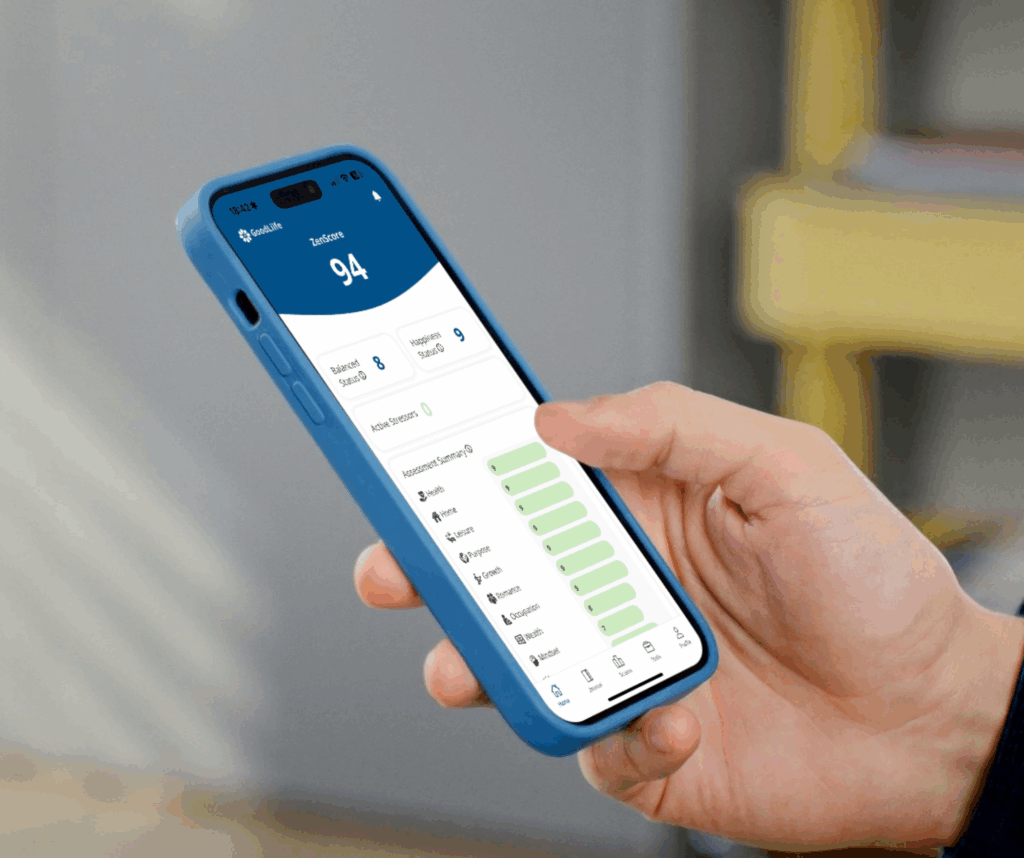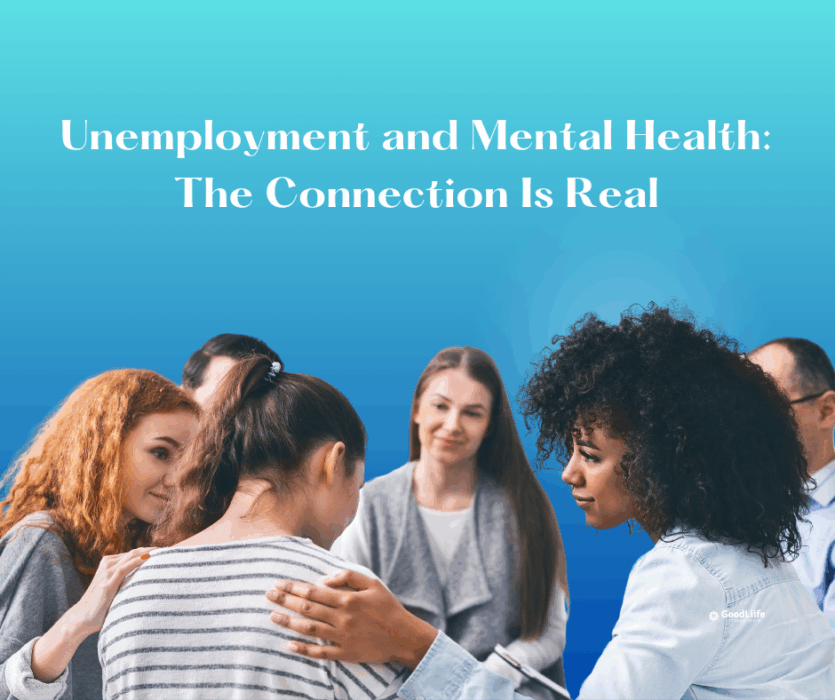Introduction: More Than Just a Job Loss
Losing a job doesn’t just impact your bank account—it hits your self-esteem, daily structure, and sense of identity. It can shake your confidence and make even the smallest tasks feel overwhelming. If you’ve recently found yourself unemployed, you’re not just facing a career challenge—you’re also navigating an emotional one.
The link between unemployment and mental health is well documented. From increased anxiety to depression and even physical symptoms like fatigue and insomnia, the emotional toll of job loss is very real. But the good news? With the right tools and support, you can protect your well-being and turn this setback into a setup for a stronger, more intentional life.
How Unemployment Affects Mental Health
1. Identity and Self-Worth
Many of us tie our identity to our job title. When that disappears, so can our sense of purpose. This can lead to low self-worth, imposter syndrome, and feelings of shame or failure—even when the job loss wasn’t your fault.
2. Loss of Routine and Stability
A daily work schedule gives structure to life. Without it, you might sleep irregularly, skip meals, or isolate yourself—all of which contribute to declining mental health.
3. Financial Stress
Worrying about bills, healthcare, or supporting a family adds intense pressure. This financial strain can lead to chronic stress, panic attacks, or feelings of hopelessness.
4. Social Withdrawal
Without the regular social interaction that comes with work, it’s easy to withdraw and feel disconnected. This isolation increases the risk of depression and can delay emotional recovery.
5. Anxiety About the Future
The uncertainty of when or if you’ll find another job can cause persistent anxiety, leading to trouble sleeping, decision fatigue, and difficulty concentrating.

Signs Your Mental Health May Be Struggling
- Difficulty sleeping or oversleeping
- Loss of appetite or overeating
- Increased irritability or mood swings
- Lack of motivation or purpose
- Persistent negative thoughts or hopelessness
- Withdrawing from family and friends
If you’re experiencing several of these symptoms for more than two weeks, it may be time to seek professional support.
What You Can Do to Protect Your Mental Health
1. Acknowledge Your Emotions
Don’t bottle it up. It’s okay to feel angry, sad, or anxious. Give yourself permission to grieve the loss of your job—it’s a valid emotional experience.
2. Create a Daily Routine
Wake up at the same time, eat balanced meals, exercise, and make time for job searching. Structure helps restore a sense of normalcy.
3. Stay Connected
Talk to people you trust. Share how you’re feeling. Avoid isolating yourself—connection is essential to healing.
4. Set Small Goals
Apply to one job. Update your resume. Take a short course. Progress—even small steps—can rebuild your confidence and momentum.
5. Seek Professional Help
Therapists, support groups, and even coaches can guide you through emotional turbulence. You’re not weak for asking—you’re smart for seeking support.
How the GoodLiife Score App Can Help
The GoodLiife Score App is a powerful tool to help you reflect, recover, and rebuild during unemployment. By evaluating your well-being across eight life areas—Health, Environment, Leisure, Purpose, Growth, Relationships, Occupation, and Wealth—you can identify where you’re struggling and take action.

Inside the app, you can:
- Track your mood and habits daily
- Set mental health and job search goals
- Reflect in your LiifeBook to process emotions
- Monitor progress and stay accountable
Whether you’re rebuilding your confidence or redefining your path, the app helps you stay grounded and intentional—one small win at a time.
JOIN GOODLIIFE SCORE APP FOR FREE
Final Thoughts
Unemployment can feel like a storm—but it doesn’t have to drown your spirit. By recognizing the deep connection between unemployment and mental health, and taking proactive steps to protect your well-being, you give yourself the best chance at a strong comeback.
You are more than your job. This is a chapter—not your whole story.
Related Reading:
